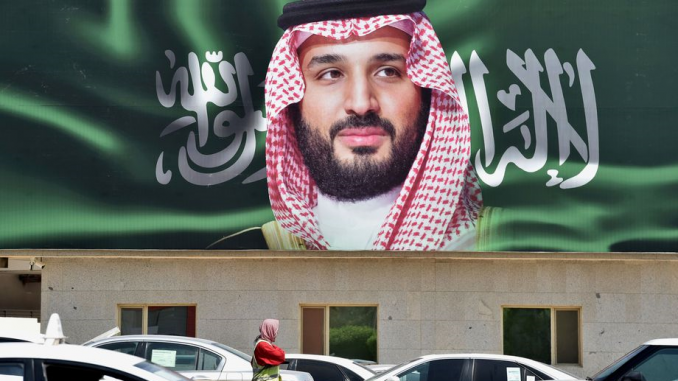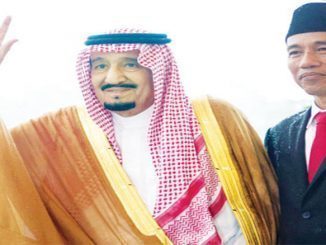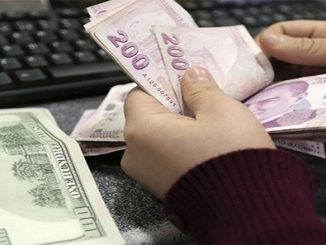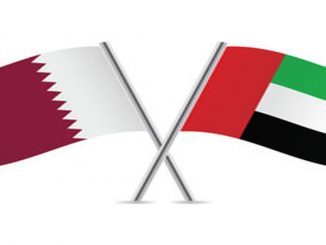
Saudi Arabia’s crown prince says oil firm Aramco and petrochemical firm SABIC will lead investments of five trillion riyals ($1.3 trillion) by the country’s private sector by 2030 under an economic diversification programme.
The move, announced on Tuesday, aims to mobilise the Gulf Arab state’s private sector to help wean the economy off its reliance on oil exports, which still account for more than half the state’s income, and develop new sectors to help create jobs for millions of Saudis.
The programme is part of 12 trillion riyals ($3.2 trillion) worth of investments planned by 2030, Crown Prince Mohammed bin Salman said in televised remarks. That also includes three trillion riyals ($800bn) from the Public Investment Fund (PIF) and four trillion riyals ($1.1 trillion) under a new Saudi investment strategy, of which some two trillion rials ($533bn) would be foreign investment.
The total amount would rise to 27 trillion riyals ($7.2 trillion) with government spending and domestic consumption.
“The new Shareek (Partner) programme will help the private sector create hundreds of thousands of new jobs and will boost the contribution of the private sector to [gross domestic product] by up to 65 percent by the end of the decade,” the prince said.
He later told journalists in a virtual briefing that Aramco and Saudi Basic Industries Corp (SABIC) would represent 60 percent of the five trillion riyal ($1.3 trillion) investment.
Prince Mohammed said the government has asked the biggest participating firms to lower their dividends to raise capital spending.
“That will lead to growth of the company so stakeholders will own more money. In exchange, the Saudi government will help them with regulations, more subsidies and other incentives.” The prince said dividends for those owning shares in Aramco, which listed on the local bourse in 2019, would remain stable.
“We promised them that and we will keep that promise,” he said. The Saudi government still owns 98 percent of the firm.



